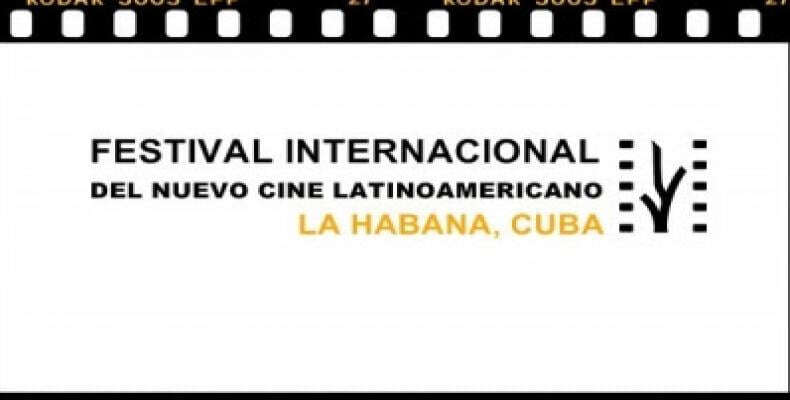JG: The 38th edition of the Havana Film Festival is under way for another 2 days until the 18th of December and a total of 18 full length films are competing for the 2016 Coral Award. Seven different countries have all come together in Havana with films that are giving rise to a wide spectrum of opinions since their first release in theatres internationally.
GJ: Today’s review is of Havana Club sponsored 78 minute English Language documentary Rumba Sessions, directed by Charlie Inman. Charlie Inman is a director and producer, known for Una noche (2012), Brasil Bam Bam Bam (2014), Havana Club Rumba Sessions (2015). The movie stars Dayme Arocena, Crispin Robinson Ade Egun, and Gilles Peterson as themselves
And the story line of Rumba Sessions? It is the story of the past, present and future of the world famous Cuban dance expression known as rumba. The phenomenon of the Rumba is celebrated in this documentary in terms of its history, its social milieu, its instrumentation, its songs, its dances, its relationship to popular Afro-Cuban religions and the future of the dance.
JG: Gerwyn, that seems to be covering a heck of a lot of ground. Can you boil things down to some essentials?
GJ: I’ll take a shot at it, Javier. The earliest forms of Rumba came into being in the shipyards of Matanzas and Havana where hard wooden pins, or claves, used to fasten a ship’s planking were struck together, producing a hard rhythmic click.
Rumba was, at first, the music of the lowest strata of Cuban society, the music of the streets and slums. When drums were added, the link with traditional afro Cuban religions was made, links with Santeria, palo monte and with the secret societies of the abakua.
JG: What was the cinema experience like in the screening?
GJ: Electric! The director was in the audience as were many of the people who participated in the making of the movie last year. The drumming was exrtraordinary and it was difficult to sit still. The exhibiting of the 3 forms of the rumba, guaguanco, bambú and Columbia were mind bending. The 78 minutes of the movie flew by as fast as the whirring hands of the drummers and the flashing feet of the dancers.
Cortina Musica Victor Jara
GJ: More on the ongoing 38th edition of the Havana Film Festival now, with an interview with Juan Carlos Bajego and John Sumer the co- producers of The Resurection of Victor Jara, an interview conducted by conducted by Roberto Bastides of RHC’s Spanish Language department.
JG: For 30 years, Radio Habana Cuba has been awarding the Roque Dalton Prize
to the film production that best reflects the reality and Destiny of the continent at the International Festival of New Latin American Cinema, Held every year in Havana. In this 38th edition the jury unanimously decided to deliver the laurel to
The Brazilian film Aquarius, directed by Kleber Mendoça Filho.
The Film represents the struggle of a woman, masterfully interpreted by actress Sonia Braga, first against Cancer and then to stay in her home, which a company intends to take him to build on the site a modern tower called the Aquarius building.
GJ: Aquarius is not a purely political film; nevertheless, the context and period in which it is launched lends it to be seen as a metaphor of the recent events in Brazil: the impeachment, with the dismissal of Dilma Rousseff, and the assumption of the new President Michel Temer.
The Roque Dalton Prize jurors are chaired by Isidro Fardales González, director of Radio Havana Cuba and journalists Danay Galletti, Enrica Matricoti and Yamilé Aleaga.
JG: And that’s it for today on the Arts Roundup. I’m JG
GJ: Yes thanks for listening, I’m GJ


